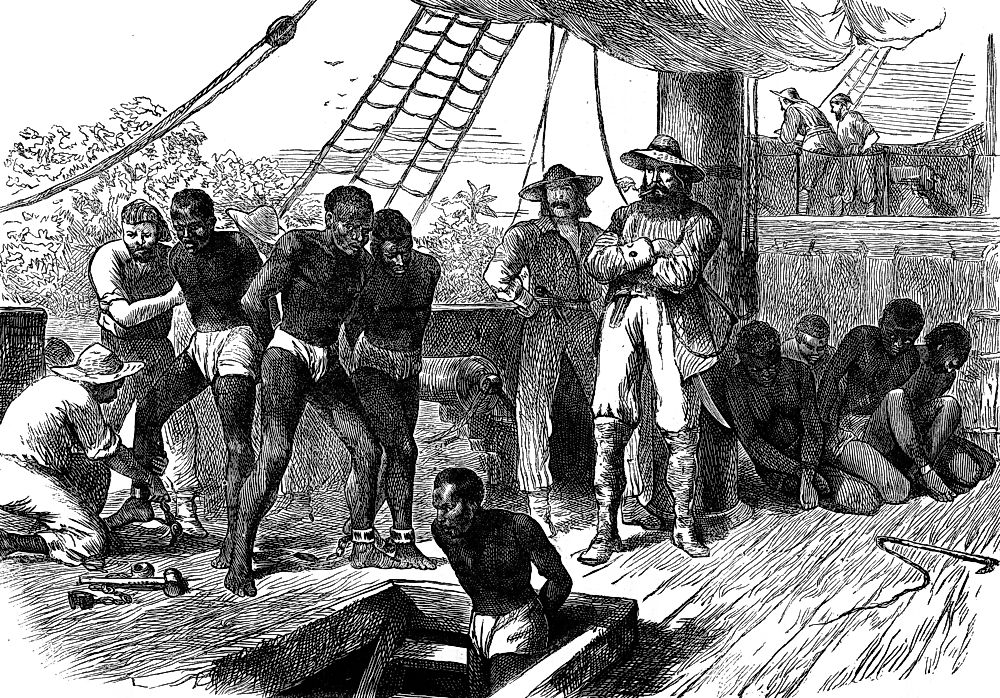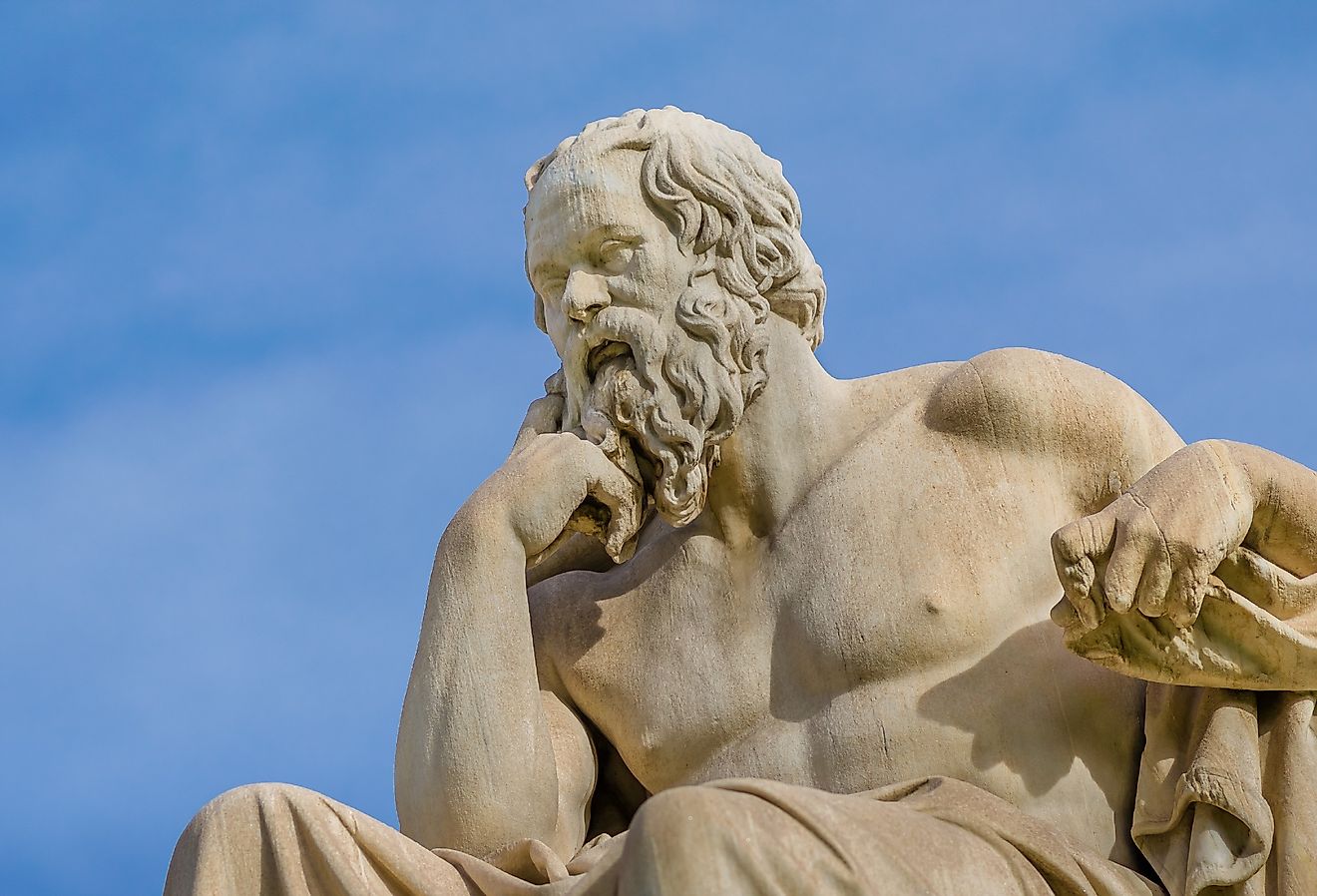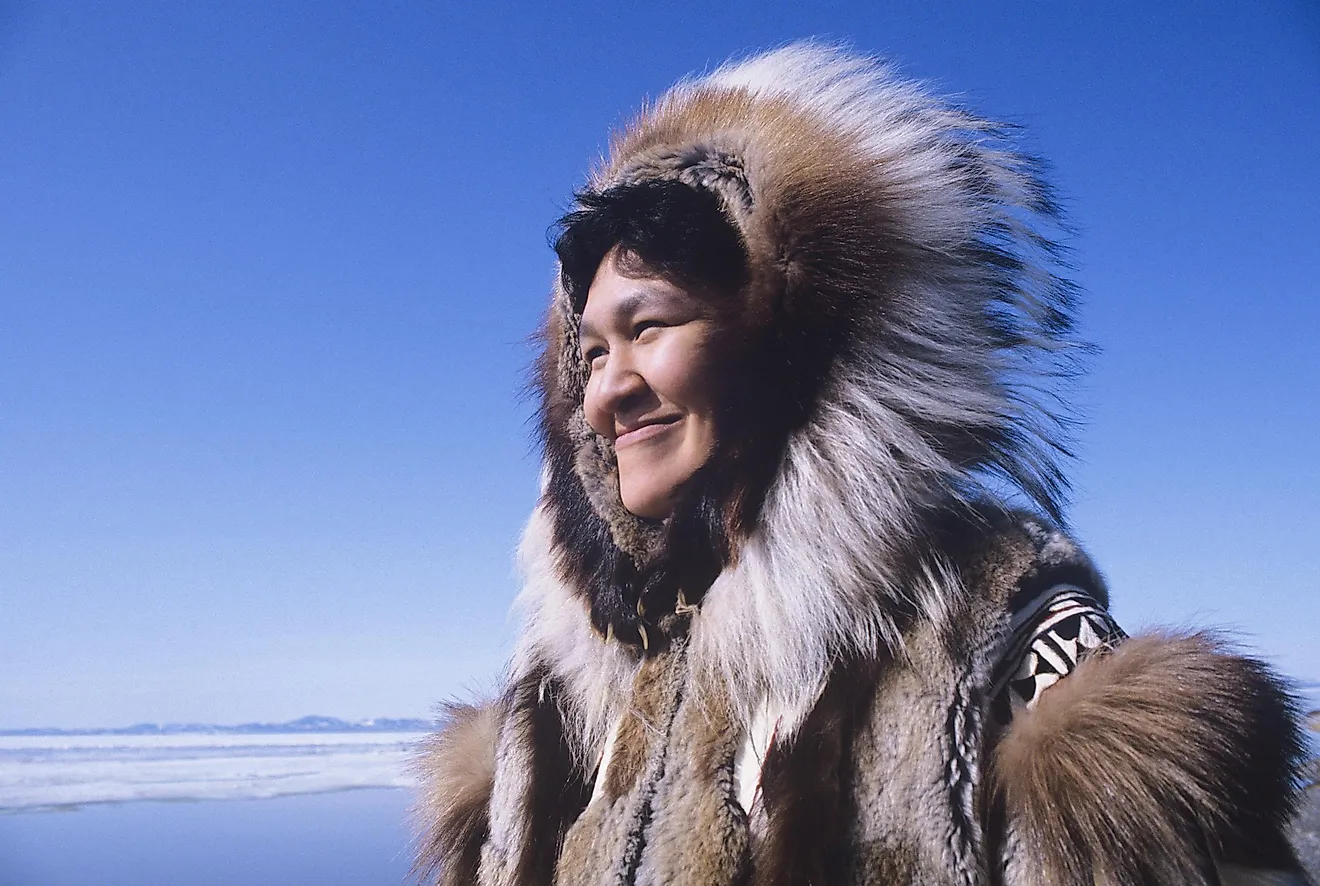Who Was Olaudah Equiano?

Olaudah Equiano was a seaman, writer, an ex-slave, and a merchant. During his lifetime, he was mostly known as Gustavus Vassa. He wrote an autobiography narrating the horrifying tales of slavery and championed for its abolition in parliament.
Early Life
Born on October 16, 1745, Olaudah Equiano’s birthplace was Essaka, Nigeria. He was abducted and sold into slavery when he was still very young. He was later shipped to Barbados then to Virginia where he spent time assembling stones and weeding grass. In 1757, Captain Pascal bought him for an approximated amount of £40 and took him to England at age 12. Captain Pascal named Equiano, Gustavus Vassa. For part of that year, Equiano lived in Blackheath, London with Pascal's relatives (the Guerin's). During his stay there, he learned how to read and write and perform arithmetic calculations. Apart from education, he used to spend most of his time at sea.
Freedom and Career
After serving Captain Pascal for a couple of years, he was sold to Captain James Doran in 1763, who took him to Montserrat Island and sold him to a famous merchant named Robert King. Equiano worked for the merchant for three years and managed to make savings of £40, which was sufficient to buy him his liberty. He later moved to London where he became a seaman and captain. The opportunity gave him the chance to travel widely traversing the Mediterranean, Atlantic and Arctic Sea with an ultimate wish to reach the North Pole. In 1775, Equiano went to the Caribbean where set up a new plantation in the coastal region of Central America. Being a mistreated slave in the past, he decided to put up favorable conditions for the slave who worked on his plantation.
A few years later, he went back to London where he was able to work as a servant for some time. He found a job with the Sierra Leone resettlement program that had a mandate to resettle freed slaves in a safe place. He also founded a group named ‘Sons of Africa,’ and it served as a voice of the freed slave men by campaigning through public speaking, written work, and lobbying parliament. In 1788, Equiano led a team that would push for the implementation of William Dolben's bill that sought to improve the welfare of slaves by limiting the number of slaves per ship.
Autobiography
In 1789, Equiano published “The Interesting Narrative of the Life of Olaudah Equiano,” his best-selling volume that he used to narrate the horrifying tales of slavery. The book was popular and had many translations globally. Everyone who read the book or heard Equiano speak began to see slavery from the point of an enslaved man. He went ahead and wrote a letter to the queen opposing slavery. He went to Britain and Ireland on lecture tours and popularizing his book.
Later Years
Olaudah Equiano married Susan Cullen in 1792, and he continued working as a champion of slavery visiting Scotland, Hull, and Durham. He died in March 1797. Slavery was abolished in the British colonies forty years later.











